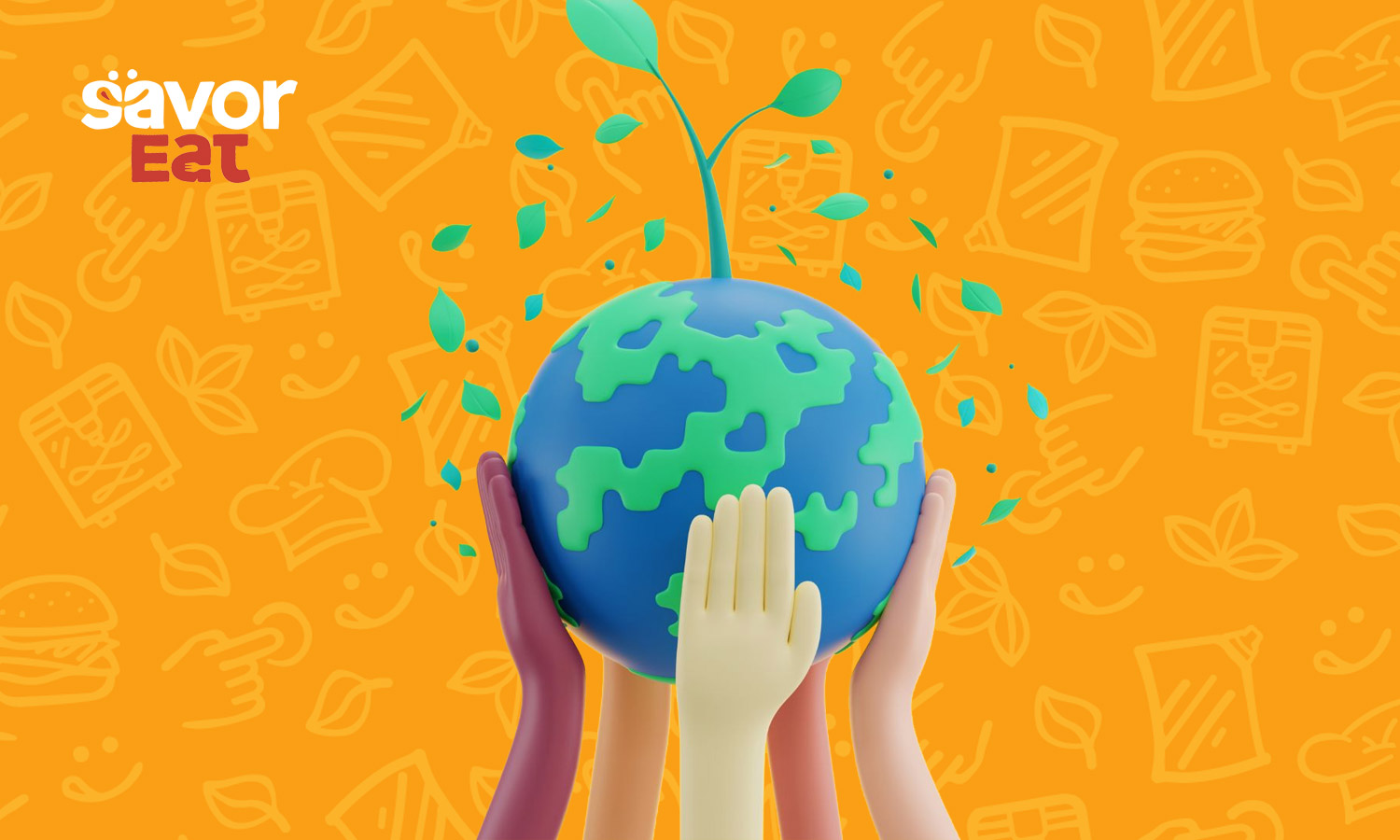The meat industry stands at a critical juncture in the face of climate change. As environmental challenges escalate, sustainable and innovative solutions are becoming increasingly urgent. From the production of products from livestock sources to consumer preferences, climate change reshapes how we produce and consume meat. But amidst the challenges lie opportunities, particularly in the realm of food technology and agriculture.
Navigating the Intersection of Tradition and Innovation
We find ourselves at a fascinating intersection where tradition meets innovation. Adopting new technologies in the traditionally conservative meat industry and consumer education on consumption habits are key factors driving change. Additionally, the ability to scale up futuristic technological developments is paramount. Failure to embrace the future of food today could lead to significant challenges and setbacks.
Confronting Climate Change
Climate change poses profound challenges for the meat industry. Rising temperatures and erratic weather patterns disrupt feed production, exacerbate water scarcity, and strain livestock health and productivity. As traditional meat production methods become increasingly unsustainable, the need for innovative solutions becomes more urgent.
However, despite the growing demand for sustainable and ethical products, the connection between food and technology still feels futuristic and challenging. Embracing technology is not just an option but a necessity for the survival of our global ecosystem. The evolution of the food industry is guided by a cadre of seasoned experts—food researchers, engineers, and chefs—who have dedicated decades to developing and refining food products.
Innovating for the Future
One of the main alternative salutations for the meat industry is the development of plant-based proteins. These products cater to a diverse audience, including not only vegetarians or vegans but also traditional meat consumers whose preferences are evolving. Innovations in plant-based proteins pave the way for a more sustainable future, offering personalized nutrition without an environmental footprint.
Another emerging avenue is cultured or lab-grown meat. While it is still in its infancy, this technology holds immense potential to meet the preferences of flexitarians and meat consumers while addressing ethical concerns and reducing environmental impact.
Additionally, 3D technology and digital manufacturing are revolutionizing meat production. By layering plant-based proteins and more efficient ways to manufacture meat products, companies can create customized meals with precision and efficiency, reducing waste and opening up new possibilities for culinary creativity and sustainability.
Navigating Towards The Future of Food and it is Sustainable.
As we navigate the challenges of climate change, the meat industry plays a pivotal role in shaping the future of our planet. From raising livestock to processing and transportation, meat production significantly impacts the environment. According to the UN’s Food and Agriculture Organization (FAO), this global livestock industry contributes 14.5% of all annual industrial greenhouse gas emissions, surpassing the entire transportation sector.
By investing in food technology and adopting more sustainable practices, we can build a future in which meat production is ethical, environmentally friendly, and delicious. It’s time to harness the power of food technology and embrace alternative protein sources to create a more resilient and environmentally conscious food system. After all, there is no planet B.





